QuestionHI! We have 2 pairs of zebra finches.
One pair layed 3 eggs in their nest.
One partner escaped the cage after a week of laying the eggs. We do not know if it was the male or female.
The other partner does go inside the nest but not sure if he/she sits on them hence we are not sure if its male or female.
Is there any way we can make the eggs survive?? My heart breaks when i see them..
Looking forward to your response...
Thank you!
AnswerThere is a way should the parent not feed them. Sometimes one parent will still care for the young but will need a little help when it comes to feeding. For now just put one of those heat lamps found in the reptile section of the bird store and put it over top the nest. Keep the temperature around 28-30C. This will keep the eggs warm even without the parent sitting on them.
As for feeding, that can get tricky and it's easy to over feed the babies. Since the topic of hand feeding can become extremely long, I'll save space and direct you to a website that has all the information you need, http://www.finchniche.com/a-handfeeding.php
Just a note, you don't HAVE to build a brooder unless the parent has abandoned the eggs (or babies if they have hatched). Also, for hand feeding, you don't HAVE to buy syringes from there. You can use needless syringes found in stores, just remember to keep EVERYTHING sterile. Baby birds can get sick easily so anything and everything that handles the baby's food MUST be sterile, this includes your hands. Non-powder latex gloves that you can throw away work well for this (it's less painful than sticking your hands in boiling water).
When feeding the babies you will also need to keep in mind that the baby will try to shove the syringe down it's throat, DO NOT let this happen! You can easily suffocate the baby or tear it's throat. When they're older and bigger, it's alright but when they're newborns, don't allow it. Put the food in it's mouth and let it swallow. If it doesn't swallow, GENTLY close it's beak so it realizes that there's food inside. If you are unsure whether or not the baby is big enough to have the syringe down it's throat, just keep putting it in it's mouth. It's better to just take a little longer than kill the baby because you're unsure. Another thing to keep in mind is you have to be careful not to over feed the babies. This can also cause suffocation. Many newborns will gorge on food in the beginning until they learn that food will come on a regular basis. It's difficult to judge how much to give the little guy but it's better to underfeed than over feed; a tip for newborns, just give them enough food for you to see it in their crops. As they get older, they will tell you when they've had enough as long as they get food on a regular basis (if you miss one too many feedings they will begin to gorge).
Any hand feeding formula found pet stores will work for hand feeding just keep in mind you're feeding a finch, something that is more fragile than glass, not a parrot.
Should a brooder be necessary, these are the temperatures you will need to have the brooder at:
Newly hatched: 33-34C)
Older, but still unfeathered: 32-33C
Pin feathers present: 29-32C
Fully feathered: 24-27C
Weaned: Room temperature

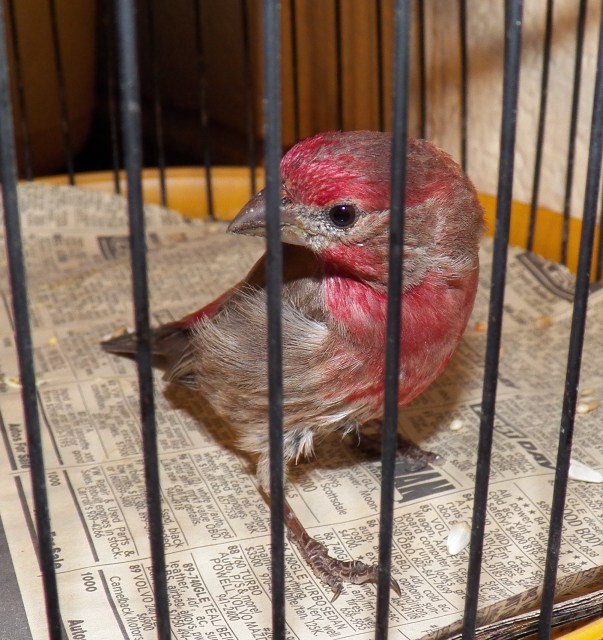 House Finch
QuestionQUESTION: 4 days ago I found what I believe to
House Finch
QuestionQUESTION: 4 days ago I found what I believe to
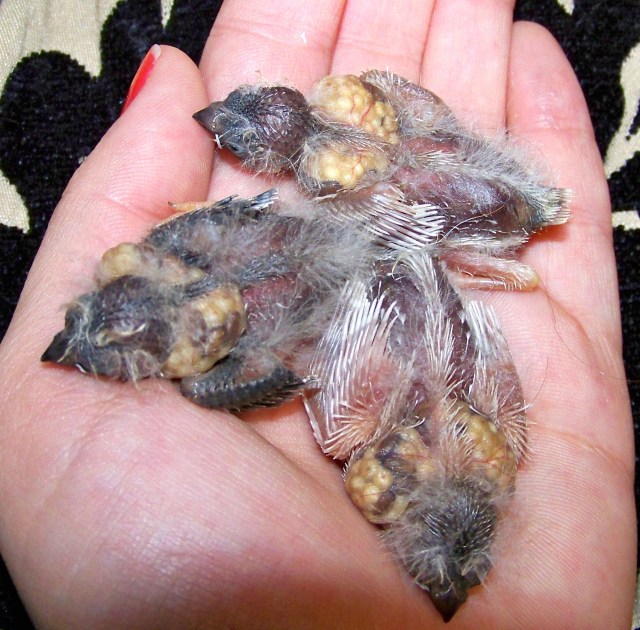 Baby zebra finch yellow sack on neck/sexes.
Question
Clear photo of their N
What is the sack around
Baby zebra finch yellow sack on neck/sexes.
Question
Clear photo of their N
What is the sack around
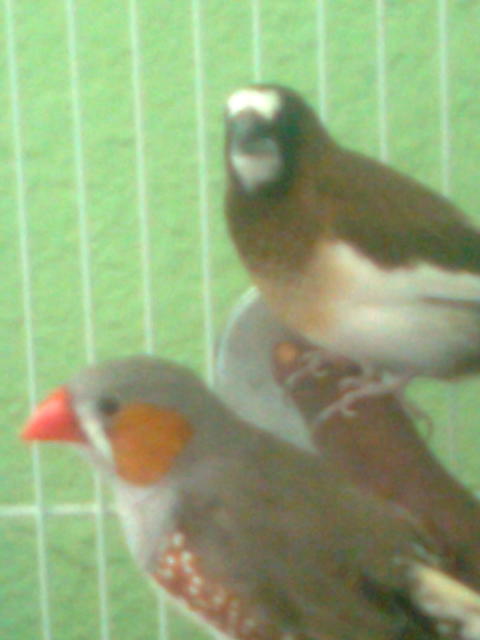 baby finches need help
Question
Picture of male and fe
Dear Megan,
&nbs
baby finches need help
Question
Picture of male and fe
Dear Megan,
&nbs
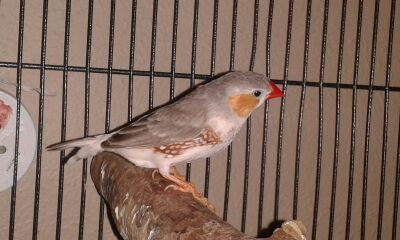 Zebra finches dying in nest
Question
Serenity #2
I have had zebra finches fo
Zebra finches dying in nest
Question
Serenity #2
I have had zebra finches fo
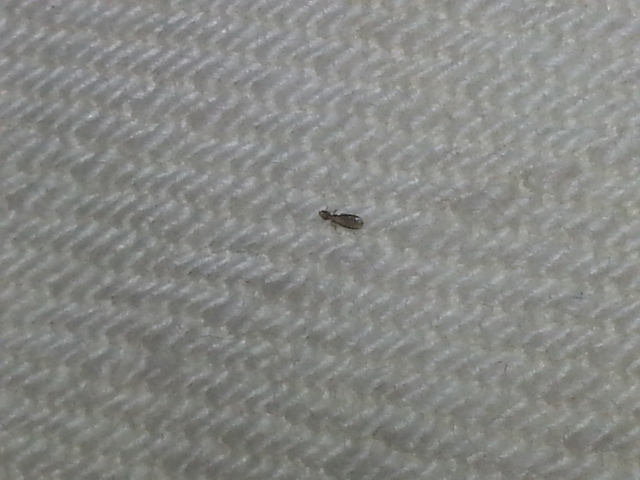 Zebra Finch feather parasites
Question
insect- parasite
Hi Megan,
i have sever
Zebra Finch feather parasites
Question
insect- parasite
Hi Megan,
i have sever